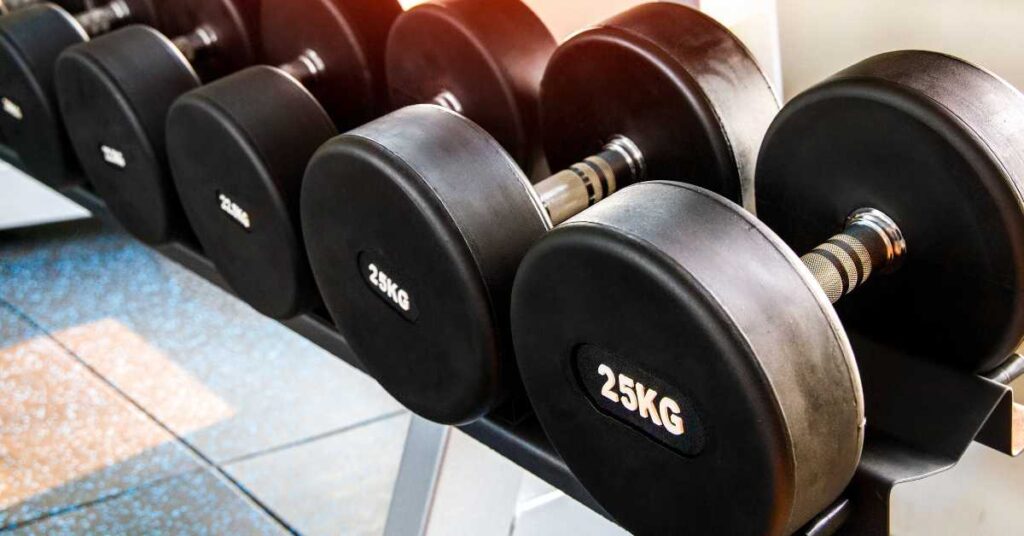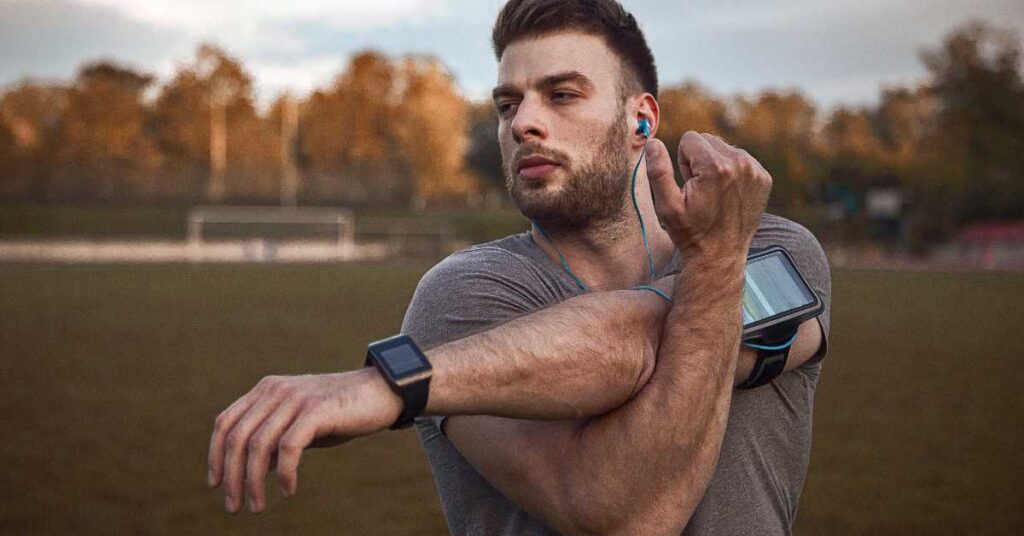Introduction
When it comes to optimizing athletic performance, proper training and conditioning are crucial. However, before embarking on a training program, it is essential to conduct thorough testing and assessments to understand an athlete’s strengths, weaknesses, and areas that need improvement.
Sports-specific testing and assessments provide valuable insights that help coaches, trainers, and athletes tailor their training programs for optimal results. In this article, we will explore the importance of sports-specific testing and assessments, common assessment methods used in various sports, and how they contribute to athletes’ overall development.
Understanding the Importance of Sports-Specific Testing
The role of assessments in athlete development
As athletes strive to excel in their respective sports, understanding their current capabilities and limitations is vital. Sports-specific testing provides a comprehensive assessment of an athlete’s physical attributes, skill sets, and cognitive abilities. This information forms the foundation for creating targeted training plans that address specific areas of improvement.
Identifying strengths and weaknesses
Sports assessments help identify an athlete’s strengths, which can be capitalized on to gain a competitive edge. Simultaneously, weaknesses are pinpointed, allowing trainers and coaches to develop strategies to improve those areas. By focusing on both strengths and weaknesses, athletes can enhance their overall performance and become well-rounded competitors.
Personalizing training programs
Every athlete is unique, and a one-size-fits-all training approach does not yield optimal results. Sports-specific testing enables trainers and coaches to personalize training programs based on an athlete’s individual needs. This personalized approach maximizes the efficiency and effectiveness of training, leading to accelerated progress and improved performance.
Common Sports-Specific Assessment Methods
Sports-specific assessments encompass a range of tests and evaluations designed to measure different aspects of an athlete’s physical and technical abilities. Here are some common assessment methods used in various sports:
Speed and agility testing
Speed and agility are crucial in many sports. Tests like the 40-yard dash, shuttle runs, and ladder drills assess an athlete’s acceleration, top speed, change of direction, and quickness. These assessments help identify areas for improvement and track progress over time.
Strength and power assessments
Strength and power are vital for activities such as weightlifting, sprinting, and jumping. Assessments like the bench press, squat, vertical jump, and medicine ball throws provide valuable insights into an athlete’s muscular strength and explosive power.
Endurance and cardiovascular evaluations
Endurance is a key component in sports like long-distance running, swimming, and cycling. Assessments such as the VO2 max test and timed distance runs measure an athlete’s cardiovascular fitness and endurance capacity.
Flexibility and mobility analysis
Flexibility and mobility play a critical role in injury prevention and movement efficiency. Tests like the sit-and-reach, shoulder flexibility, and hip mobility assessments evaluate an athlete’s range of motion and identify areas that require targeted stretching and mobility exercises.
Sports-specific skill assessments
In addition to physical attributes, sports-specific skill assessments focus on an athlete’s technical proficiency. For example, shooting accuracy and ball control tests in soccer, shooting percentage in basketball, and technique evaluations in gymnastics provide insights into an athlete’s sport-specific skills.
The Role of Technology in Sports Assessments
Advancements in technology have revolutionized sports assessments, providing more precise and in-depth data. Here are some technologies commonly used in sports assessments:
Wearable devices and data analysis
Wearable devices such as GPS trackers, heart rate monitors, and accelerometers provide real-time data on an athlete’s performance. Coaches and trainers can analyze this data to gain insights into factors like speed, distance covered, heart rate zones, and acceleration patterns.
Video analysis and motion tracking
Video analysis software and motion tracking systems enable coaches to assess an athlete’s technique, biomechanics, and movement patterns. By breaking down movements frame by frame, coaches can identify flaws, correct technique, and enhance performance efficiency.
Biomechanical assessments
Biomechanical assessments involve analyzing an athlete’s movements using advanced motion capture technology. These assessments provide precise data on joint angles, forces exerted, and muscle activation patterns, helping optimize technique and prevent injuries.
Interpreting and Utilizing Assessment Results
Obtaining assessment results is only the first step; interpreting and utilizing the data effectively is key to driving performance improvements. Here’s how assessment results can be utilized:
Setting goals and benchmarks
Assessment results provide a baseline for setting performance goals and benchmarks. By identifying specific areas for improvement, athletes and coaches can establish realistic targets and track progress over time.
Designing individualized training programs
Based on assessment results, trainers and coaches can design individualized training programs tailored to address an athlete’s specific needs. This personalized approach maximizes training efficiency and ensures that athletes work on areas that require the most attention.
Monitoring progress and making adjustments
Regular assessments allow for ongoing monitoring of an athlete’s progress. By comparing current results with previous assessments, coaches can identify trends, make necessary adjustments to training programs, and ensure continuous improvement.
Overcoming Challenges in Sports-Specific Assessments
While sports-specific testing and assessments offer valuable insights, there are challenges to be aware of. Here are some common challenges and ways to overcome them:
Ensuring accuracy and reliability
Sports assessments must be conducted with precision and consistency to ensure accurate results. Standardized protocols, proper equipment calibration, and trained personnel can help minimize measurement errors and ensure reliable data.
Dealing with subjective assessments
Certain assessments, such as skill evaluations or rating scales for sports like gymnastics or figure skating, involve a degree of subjectivity. To mitigate subjectivity, clear assessment criteria, trained evaluators, and regular calibration sessions are essential.
Balancing physical and mental assessments
Athlete performance is not solely determined by physical attributes. Mental skills, such as focus, decision-making, and resilience, also contribute to success. Incorporating mental assessments alongside physical evaluations provides a more holistic view of an athlete’s capabilities.
The Benefits of Regular Testing and Assessments
Regular testing and assessments bring numerous benefits to athletes and sports organizations. Here are some key advantages:
Tracking progress and performance improvements
By conducting regular assessments, athletes can track their progress and see tangible improvements over time. This serves as motivation and reinforcement of their training efforts.
Injury prevention and risk management
Sports assessments can identify muscular imbalances, weaknesses, and movement dysfunctions that may increase the risk of injuries. Addressing these issues through targeted training and corrective exercises can significantly reduce the likelihood of injuries.
Enhancing competition readiness
Thorough assessments provide athletes with a clear understanding of their strengths and weaknesses, enabling them to focus their training efforts on specific areas. This targeted approach enhances their readiness for competition, giving them a competitive advantage.
Conclusion
Sports-specific testing and assessments play a vital role in optimizing athletic performance. By identifying an athlete’s strengths, weaknesses, and areas for improvement, trainers and coaches can create tailored training programs that maximize results.
Utilizing technologies, interpreting assessment results effectively, and overcoming challenges in assessments further enhance the benefits derived from this process. Regular testing and assessments not only track progress but also aid in injury prevention and improve competition readiness.
With a comprehensive approach that includes physical and technical evaluations, athletes can unleash their full potential and excel in their chosen sports.
FAQs (Frequently Asked Questions)
1. How often should athletes undergo sports-specific testing and assessments?
Regular assessments are recommended, depending on the sport and training phase. In general, quarterly or bi-annual assessments can provide meaningful insights into an athlete’s progress and help adjust training programs accordingly.
2. Are sports-specific assessments only for professional athletes?
No, sports-specific assessments can benefit athletes of all levels, from beginners to professionals. Assessments help identify areas for improvement and provide guidance for personalized training, regardless of an athlete’s skill level.
3. Can sports-specific assessments help prevent injuries?
Yes, sports assessments can identify biomechanical imbalances, weaknesses, or movement dysfunctions that may increase the risk of injuries. By addressing these issues through targeted training and corrective exercises, the likelihood of injuries can be significantly reduced.
4. Do sports-specific assessments replace regular training?
Sports-specific assessments complement regular training; they do not replace it. Assessments provide valuable information to tailor training programs and monitor progress, ensuring that athletes are training effectively and efficiently.
5. Are subjective assessments reliable?
Subjective assessments, such as skill evaluations, can be reliable when clear assessment criteria are established, evaluators are trained, and regular calibration sessions are conducted. These measures help minimize subjectivity and maintain consistency in assessments.







